Descripción
Understanding NAD and Its Role in Cellular Function
Nicotinamide adenine dinucleotide (NAD) is a critical coenzyme present in all living cells, playing a crucial role in various metabolic processes. It operates primarily in its oxidized form (NAD+) and reduced form (NADH), facilitating redox reactions essential for energy production. Through these processes, NAD aids in converting nutrients from food into adenosine triphosphate (ATP), the primary energy carrier in cells. By supporting ATP synthesis, NAD directly influences cellular respiration, thereby affecting the overall vitality of the organism.
As individuals age, NAD levels tend to decline, which can have significant implications for health. This reduction impacts cellular repair mechanisms and DNA maintenance, leading to an increased vulnerability to age-related conditions. The relationship between NAD and cellular health is complex, as NAD is also involved in supporting various signaling pathways that regulate metabolic adaptations. Ensuring adequate NAD levels is therefore vital for maintaining optimal cellular function and, by extension, overall health.
Furthermore, NAD plays a pivotal role in the regulation of circadian rhythms, which are essential for various physiological processes such as sleep-wake cycles, hormone release, and cell regeneration. Disruption of these rhythms can lead to a host of metabolic disorders, including obesity and type 2 diabetes. The ability of NAD to influence these biological processes highlights the importance of maintaining its levels throughout life. Interventions that boost NAD, whether through lifestyle changes or supplementation, may offer a pathway to enhance well-being and mitigate the decline associated with aging.
What is Resveratrol? The Basics of This Powerful Compound
Resveratrol is a naturally occurring polyphenolic compound that is primarily found in various plants, particularly in the skin of grapes, berries, and peanuts. It has garnered significant attention in recent years for its potential health benefits, particularly in the realms of cardiovascular health and longevity. Historically, resveratrol has been utilized in traditional medicine practices for its purported health-promoting properties, dating back to ancient cultures that recognized the healing potential of plants rich in this compound.
This powerful compound is synthesized by plants in response to environmental stresses, such as UV radiation and pathogen attacks. Its ability to function as an antioxidant allows it to neutralize free radicals, which are harmful molecules that can cause cellular damage and contribute to chronic diseases. Recent scientific discoveries have bolstered the understanding of resveratrol’s significance, with studies highlighting its anti-inflammatory properties and its role in promoting cardiovascular health. For instance, resveratrol has been shown to support healthy endothelial function, thereby aiding in maintaining the integrity of blood vessels.
Moreover, resveratrol’s potential to activate certain cellular pathways, such as those involved in longevity and metabolic regulation, positions it as a crucial player in the field of aging research. Some studies suggest that resveratrol may mimic the effects of caloric restriction, a well-known factor associated with increased lifespan in various organisms. This compound’s impressive array of benefits has led to ongoing research examining its implications for enhancing healthspan and offering protective benefits against age-related diseases.
As excitement grows surrounding resveratrol, it is essential to gain a comprehensive understanding of its sources, historical significance, and the emerging scientific evidence that supports its therapeutic roles. By exploring these facets, we can better appreciate the potential of this remarkable compound in promoting health and wellbeing.
The Synergistic Relationship Between NAD and Resveratrol
Nicotinamide adenine dinucleotide (NAD) and resveratrol have garnered considerable attention in scientific research for their potential benefits related to aging and metabolic health. The interplay between these two compounds is particularly noteworthy, as resveratrol may play a crucial role in enhancing NAD levels within the body. This enhancement is primarily attributed to resveratrol’s ability to activate certain enzymes known as sirtuins, which are tightly linked to the regulation of cellular processes associated with longevity and metabolic function.
Sirtuins are a family of proteins that require NAD to exert their functions. They are involved in various biological activities, such as DNA repair, inflammation regulation, and metabolism. Resveratrol, a natural polyphenol predominantly found in red wine and certain berries, has been shown to promote sirtuin activity, thereby leveraging the biological efficacy of NAD. By boosting sirtuin activity, resveratrol potentially enhances the positive effects of NAD, allowing for improved cellular health and vitality.
Research studies highlight the effectiveness of this synergistic relationship. For instance, when administered in tandem, resveratrol can elevate the levels of NAD in tissues, thereby augmenting the action of sirtuins. This connection has implications for understanding the prevention of age-related diseases and improving metabolic health. One notable study investigated the effects of resveratrol supplementation on aged mice, revealing enhanced mitochondrial function correlated with increased NAD levels. Such findings indicate that the combination of NAD and resveratrol may contribute to healthier aging and improved metabolic outcomes.
Overall, the synergistic relationship between NAD and resveratrol exemplifies how natural compounds can work together to benefit health. Through their combined effects on sirtuin activity and NAD levels, they can significantly influence aging-related processes and potentially foster better metabolic health, advancing our understanding of longevity and wellness.
Health Benefits of NAD and Resveratrol: What the Research Says
Nicotinamide adenine dinucleotide (NAD) and resveratrol have gained significant attention due to their potential health benefits, bolstered by an expanding body of research. NAD plays a crucial role in cellular metabolism and energy production, while resveratrol, a polyphenolic compound found in various plants, is often praised for its antioxidant properties. Studies suggest that these substances may coalesce to enhance metabolic function and cognitive abilities, among other benefits.
Research indicates that increased NAD levels can improve metabolic health by enhancing insulin sensitivity and encouraging lipid metabolism. For instance, clinical studies have shown that supplementation with NAD precursors, like nicotinamide riboside, can lead to improved blood glucose control in prediabetic patients, paving the way for potential interventions in diabetes management. Additionally, resveratrol has demonstrated a favorable impact on metabolic disorders by activating sirtuins, a family of proteins that regulate various cellular processes linked to metabolism and aging.
Cognitive health is another important area of exploration. Evidence suggests that NAD may promote neuroprotection and cognitive function by mitigating neuroinflammation and promoting neuronal health. Concurrently, resveratrol has been linked to enhanced memory and learning capabilities, likely due to its ability to improve blood flow to the brain and reduce oxidative stress. Thus, their synergistic effects in supporting cognitive performance potentially offer promising implications for age-related cognitive decline.
Moreover, both NAD and resveratrol have been featured in studies examining their anti-aging properties. Research has shown that increased NAD levels can stimulate cellular repair mechanisms, while resveratrol’s antioxidant capacity may protect cells from damage, thereby slowing aging processes. Additionally, the duo shows potential in combating chronic conditions, like heart disease, through their respective mechanisms that involve inflammation reduction and improved vascular health.
While the findings are compelling, it is essential to acknowledge the limitations of current research. Many studies are preclinical or conducted in animal models, necessitating further exploration in human trials. The full extent of their health benefits, optimal dosages, and long-term safety profiles remain areas ripe for investigation. Nevertheless, the accumulating evidence regarding NAD and resveratrol underscores the need for continued research into their synergistic potential for improving human health.
Incorporating NAD and Resveratrol into Your Lifestyle
Incorporating NAD and resveratrol into one’s daily routine can significantly contribute to overall health and well-being. A multifaceted approach that includes dietary sources, supplementation, and lifestyle choices is essential for optimizing the benefits of these compounds. To begin with, understanding the dietary sources of resveratrol is crucial. This antioxidant is predominantly found in the skin of red grapes, as well as in berries, peanuts, and dark chocolate. Regular consumption of these foods can help individuals maintain a balanced diet rich in beneficial compounds.
Regarding NAD, while the body naturally produces this essential coenzyme, certain lifestyle factors can influence its levels. Engaging in regular physical activity, for instance, is known to enhance NAD production. Exercise triggers a series of biochemical reactions that can elevate NAD levels, thereby promoting cellular health. Moreover, a diet that is low in carbohydrates and rich in healthy fats can foster an environment conducive to NAD synthesis.
For those considering supplementation, it is vital to choose products that are both safe and effective. Supplements containing nicotinamide riboside or nicotinamide adenine dinucleotide itself can be beneficial for those looking to boost their NAD levels. However, individuals should consult healthcare professionals before starting any new supplement regimen. This step ensures that the chosen supplements align with personal health conditions and goals.
In summary, the integration of NAD and resveratrol into daily life can be achieved through mindful dietary choices, regular exercise, and careful supplementation. By making informed decisions and adopting a balanced lifestyle, individuals can harness the full potential of these powerful compounds, supporting their overall health in the long term.

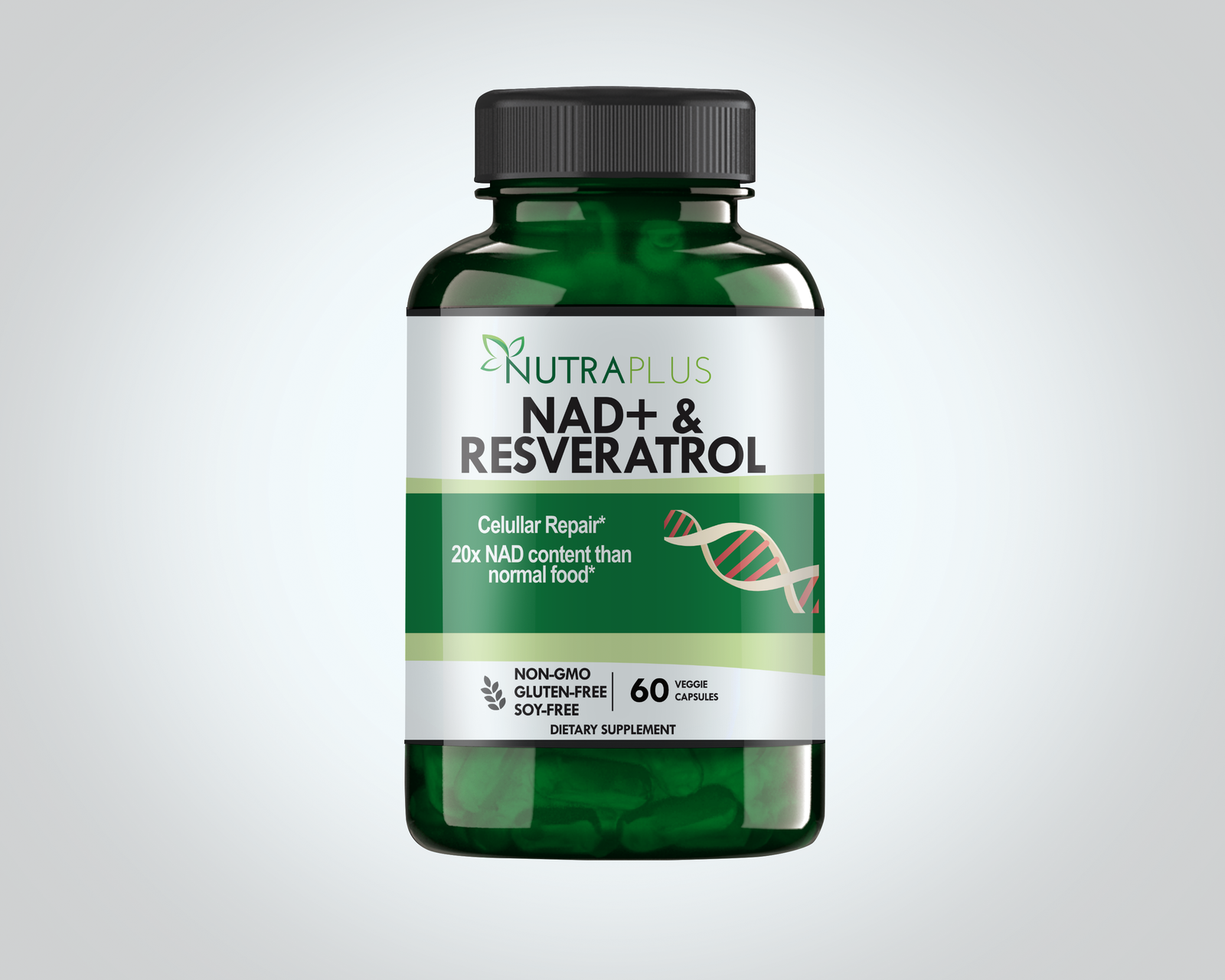
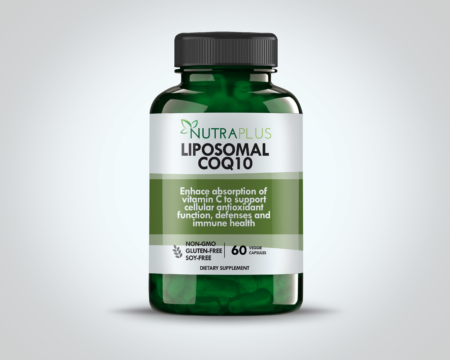
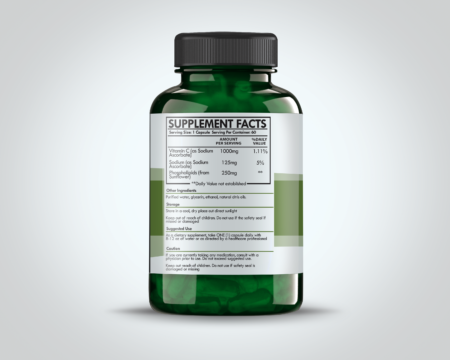

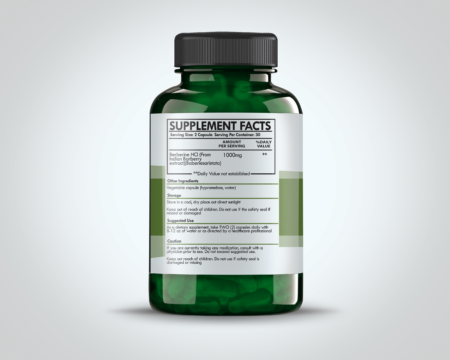

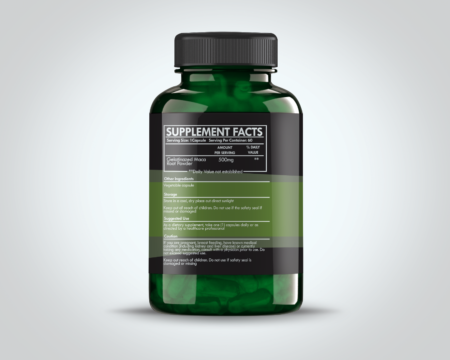

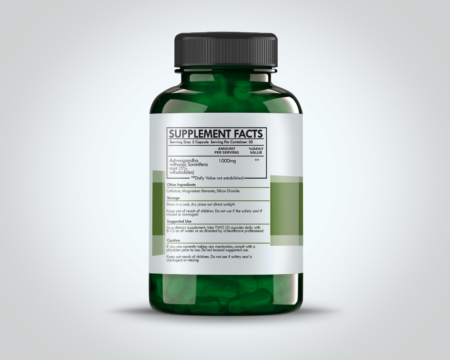

Valoraciones
No hay valoraciones aún.